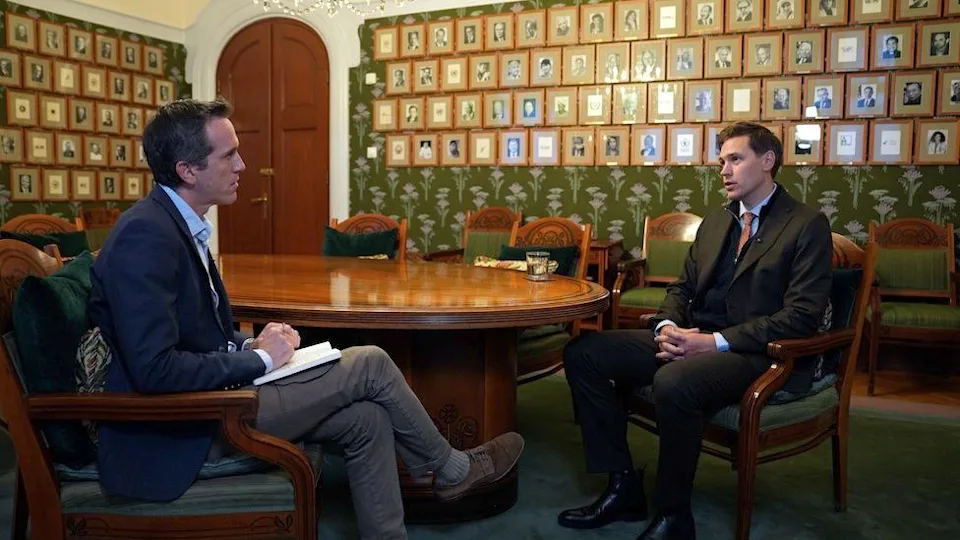For the first time in the Nobel Peace Prize’s 125-year history, cameras were allowed inside the secretive chamber where the Norwegian Nobel Committee meets to decide the world’s most prestigious award. The BBC and Norway’s national broadcaster were given exclusive access to the committee’s deliberations in Oslo a glimpse into a process long shrouded in mystery.
The committee of five members and a secretary gathers in the historic Nobel Institute, surrounded by portraits of past laureates and a portrait of Alfred Nobel himself. Beneath the chandelier and oak furnishings that have stood since 1901, the group debates who has done the most “for fraternity between nations” as Nobel’s 1895 will demands.
Yet this year, one name looms large: Donald Trump. The U.S. president has made no secret of his desire for the Nobel Peace Prize, often boasting of his role in resolving global conflicts and claiming he deserves the honor more than past winners. Supporters, from world leaders to his own envoys, have publicly backed his nomination.
However, the committee’s chair, Jorgen Watne Frydnes, insists that such public pressure has little influence. “We receive thousands of requests every year,” he said, emphasizing their commitment to principle and independence.
Experts remain skeptical. Nina Graeger, director of the Peace Research Institute Oslo (PRIO), argues Trump’s record including withdrawals from global accords and clampdowns on dissent “points in a non-peaceful direction.”
While nominations closed in January, limiting Trump’s immediate chances, his ongoing role in Middle East peace efforts could make him a contender next year.
For now, as the world awaits Friday’s announcement, one thing is clear: the Nobel Committee’s decision will remain sealed and Trump, like everyone else, will have to wait 50 years to learn what happened behind those closed doors.

